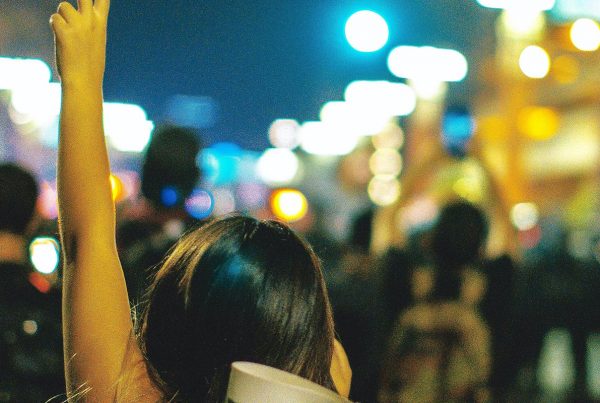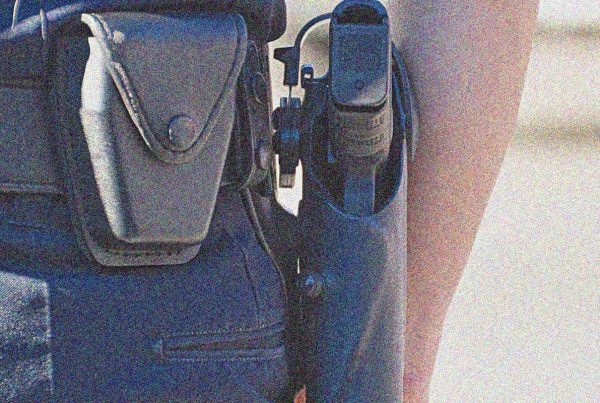FOR IMMEDIATE RELEASE
TORONTO, Ont. ̶ The Canadian Civil Liberties Association is disappointed that the Supreme Court of Canada is allowing a subjective evaluation by a Drug Recognition Expert to be used as evidence without a safeguard test.
At issue in the before the SCC in R. v. Bingley was whether the road-side opinion evidence of a DRE, essentially police officers trained to identify people under the influence of drugs, is admissible as evidence of guilt in a court case. Or should DRE’s conclusions have to go through a Mohan voir dire so a judge can assess the quality of the evidence and the qualifications of the DRE before their evidence can be presented in open court.
Today, the majority of the court ruled in R. v. Bingley that a DRE’s training and experience do make them experts and thus their opinions generally do not need to be further vetted by a judge before it can be presented as evidence in court.
DREs “undoubtedly possesses expertise on determining drug impairment that is outside the experience and knowledge of the trier of fact,” wrote the majority in a 5-2 decision. The dissenting opinion expresses serious concerns about the reliability of the DRE’s evaluation process and would not take its reliability as a given in individual cases.
The science of drug or marijuana impairment is still quite hazy. Unlike drunk driving, there is no scientific standard for determining if a person’s ability to operate a motor vehicle is impaired by a drug or a combination of alcohol and a drug.
The Canadian Civil Liberties Association, which intervened in the case at the top court, is concerned about the dangers of uncritically relying on novel science as admissible, key expert evidence. We argued that the admissibility of DRE opinion on whether a person’s ability to operate a vehicle is impaired by a drug or a combination of alcohol and a drug should not be considered expert evidence without first undergoing a judicial assessment through a Mohan voir dire.
“Given the inherent subjectivity in a Drug Recognition Expert’s opinion about whether an accused used drugs – we shouldn’t treat a subjective opinion as incontrovertible evidence. Instead, we should use the Mohan voir dire safeguard which exists for this very reason – the safeguard allows an assessment of admissibility,” says Sukanya Pillay, CCLA’s executive director and general counsel.
The majority did note that a trial judge retains discretion to exclude evidence in a given case, based on the sorts of potential problems we identified, including an individual DRE’s inability to explain how he/she made the determination, evidence of bias, failure to comply with the training, and contradiction of the DRE’s opinion by bodily sample evidence or even the evidence of bystanders.
Counsel on the case representing CCLA was Stuart Zacharias, a partner at Lerners LLP.
About the Canadian Civil Liberties Association
The CCLA is an independent, non-profit organization with supporters from across the country. Founded in 1964, the CCLA is a national human rights organization committed to defending the rights, dignity, safety, and freedoms of all people in Canada.
For the Media
For further comments, please contact us at media@ccla.org.





